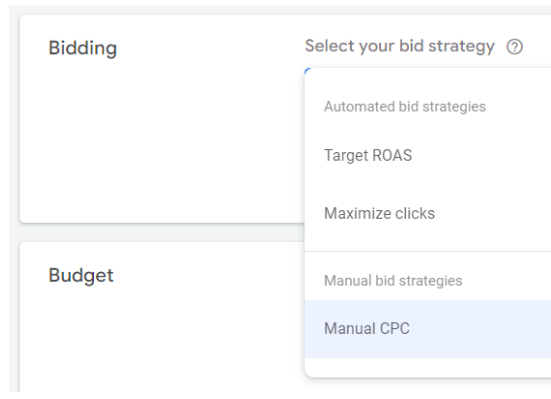As technology continues to advance, our interactions with it are changing rapidly. One of the most significant developments in recent years has been the rise of artificial intelligence (AI), which is transforming how we search for information and engage in digital marketing. AI is reshaping search engines and Search Engine Optimization (SEO), making it easier for users to find exactly what they need online.
The Shift from Keywords to AI
In the past, search engines relied heavily on matching keywords to deliver results. If you typed in a specific keyword, the search engine would show pages containing that word. While this method worked to some extent, it often missed the intent behind users’ queries. This limitation meant that users sometimes had to sift through irrelevant results to find what they were looking for.
Now, AI is bringing a new level of understanding to search engines. Modern algorithms use machine learning and natural language processing (NLP) to better grasp the meaning and context behind search queries. Instead of just looking for exact keyword matches, these algorithms analyze the intent and nuances of the words used. This change allows search engines to provide more relevant results tailored to individual user needs, enhancing the overall search experience.
Adapting to AI-Driven Changes
As AI continues to evolve, brands must adjust their strategies to maintain and enhance their online presence. Here are some key strategies to help you stay competitive in this changing landscape:
1. Focus on Quality Content
Google prioritizes content that demonstrates experience, expertise, authoritativeness, and trustworthiness (E-E-A-T). To improve your search rankings, it’s essential to create well-researched, accurate content that reflects knowledge in your industry. This not only helps with visibility in search results but also builds credibility with your audience.
2. Improve Technical SEO
Technical SEO is a critical component of any effective strategy. Ensure your website loads quickly and is mobile-friendly, as these factors significantly influence user experience and search rankings. Implementing structured data, or schema markup, can help search engines better understand your content, making it more likely to appear in rich search results.
3. Enhance User Experience
Creating a positive user experience is essential for keeping visitors on your site. Focus on improving your site’s navigation and structure to help users find what they’re looking for easily. A seamless experience reduces bounce rates and encourages longer visits, both of which are favorable signals to search engines.
Future SEO Trends to Watch
As AI continues to advance, staying informed about emerging trends will be crucial for maintaining a competitive edge. One significant trend is the move toward personalized search results. Search engines are increasingly tailoring results based on individual user data, so developing personalized content will be vital.
Another trend to watch is the rise of conversational AI. With the popularity of voice assistants like Siri and Alexa, optimizing for natural language queries and long-tail keywords will become more important. Users are likely to search in a more conversational manner, and brands should adapt their content to meet this change.
Lastly, keep an eye on the growth of zero-click searches. Search engines are beginning to provide direct answers on the results page, which may reduce clicks to your site. However, being featured in these snippets can still enhance your visibility and drive brand awareness.
By understanding how AI is changing the SEO landscape and adapting your strategies accordingly, your brand can stay ahead in the competitive digital marketplace. Embracing these changes will not only improve your search rankings but also create a better experience for your users.











Leave feedback about this